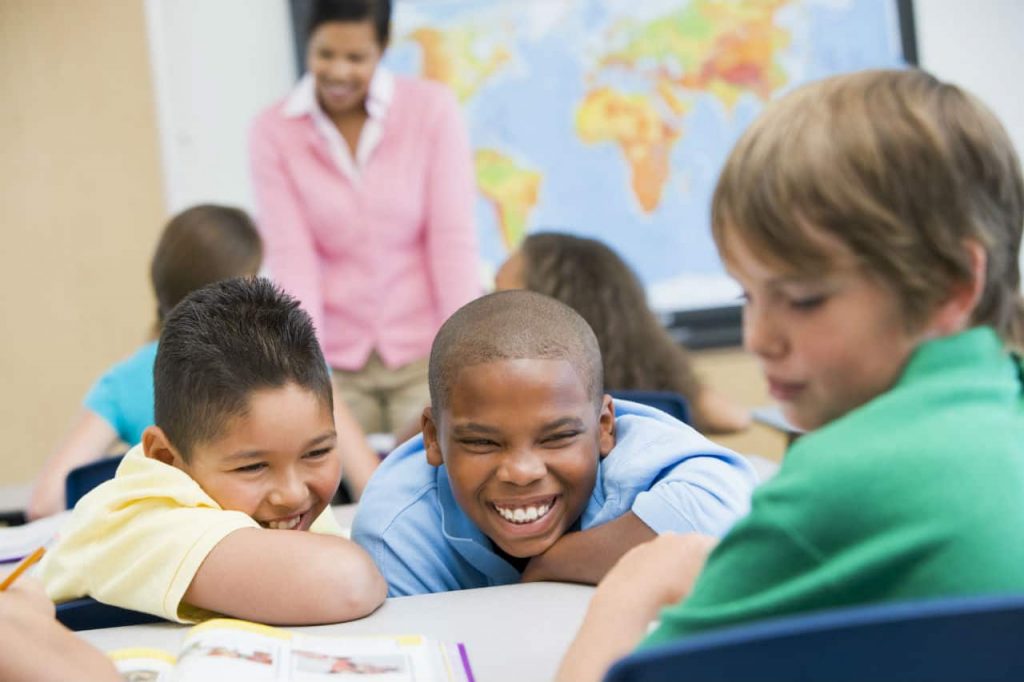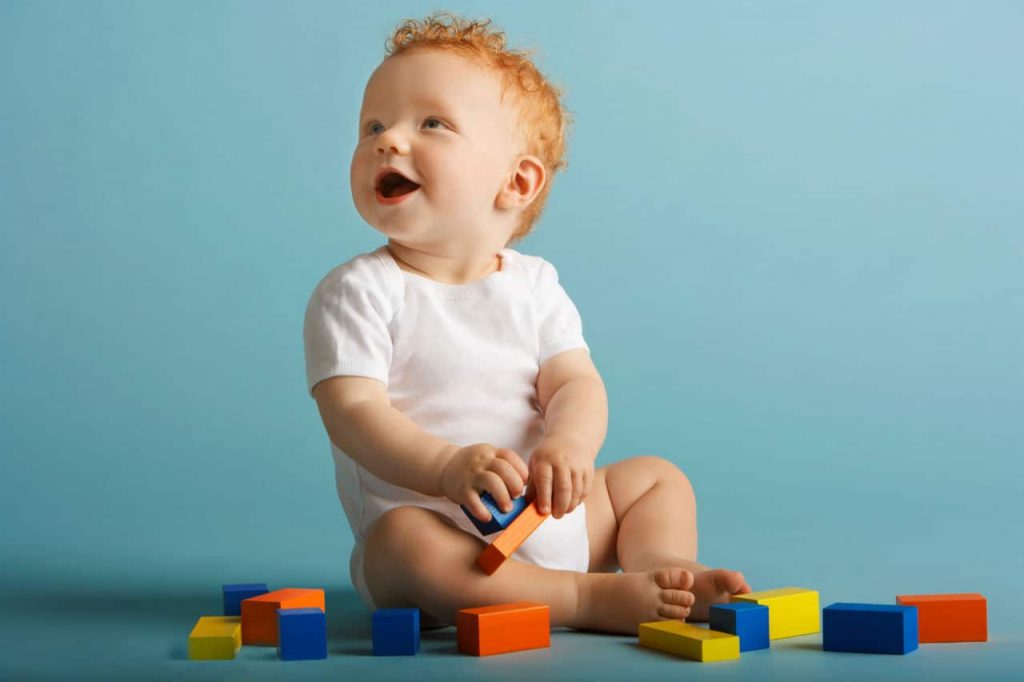Play is important for childs development, it is how kids learn, and it’s a case of the more the better. On this article we explore the best toys to help your preschooler.
Parenting
Bullying is something no child or adult should ever experience. However, up to 30% of students have been bullied regularly in their schooling career.
Whether you’re the parent of a bullied child, or a child who may be prone to bully others, it’s important to be educated on what to do in each situation.
As many of us know, play is one of the most important things your child can do in a day. We might think that children just Want to play, they actually Need to play.
Play is an important feature in a child’s everyday life. It’s how they learn about the world around them and develop vital skills such as fine and gross motor movement, socialisation, language, literacy, and numeracy.
So next time your child is pestering for you to play with them, consider the benefit you’ll be doing them in the long run!
Play is essential for a healthy and happy children’s development. It helps kids to develop a wide range of skills and understandings. Playing, children reflect what is important in their lives. Play can take several forms and it changes as children grow older. It could be indoors or outdoors, quiet or loud, clean or messy, funny or thoughtful. Children play for different reasons. They can explore to learn new things or it can be to consolidate or improve a skill. Our role as adults is to facilitate play for them. Learn how here.
When children pretend play they build social skills, language skills and self-control.
Unlike video games imaginative play requires children to invent their own stories. By doing this they are training their brains to transform ideas into words, this improves vocabulary and grammar. They’re also looking outside their own needs and desires.
The Benefits Of Role Play Role-play is an important part of a child’s socialisation, and their future ability to interact with peers and wider society, research demonstrates. The benefits of role play are numerous, but the effects on emotional, social, and linguistic development are astounding. Research has shown that children who engage in role play








